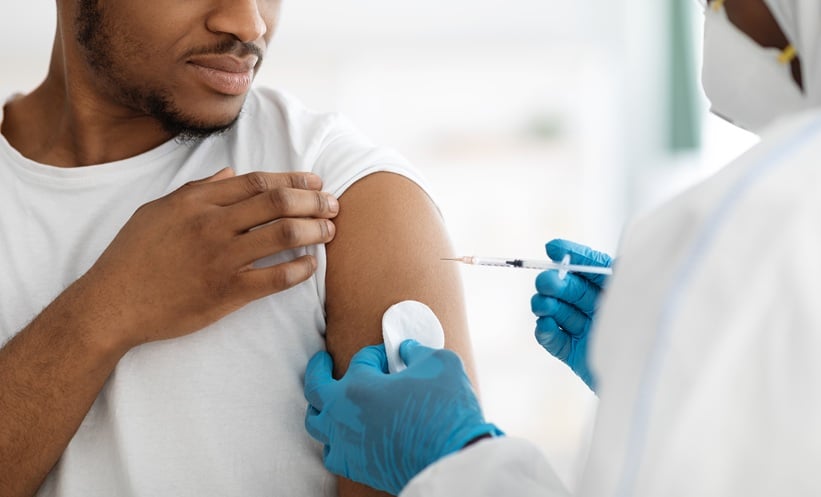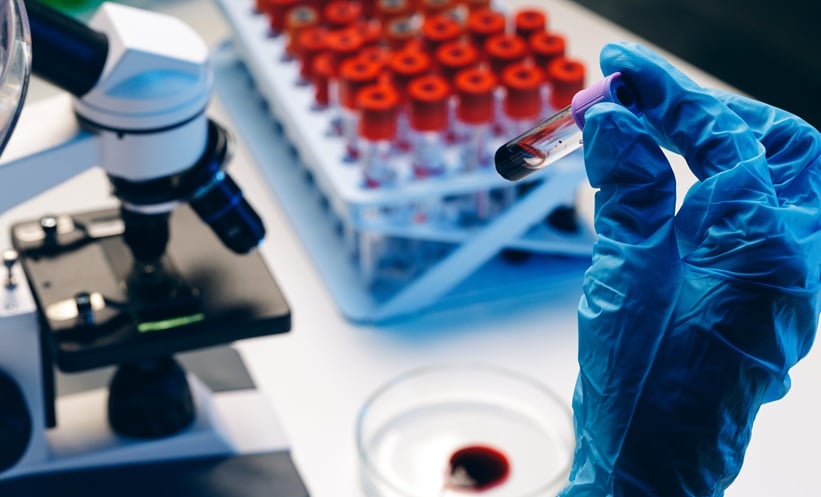Allogeneic haematopoietic stem cell transplantation (HSCT) is frequently used to treat conditions such as acute leukaemias, myelodysplastic syndromes, and certain lymphomas. However, the high-dose conditioning regimens required eradicate not only malignant cells but also immune memory, leaving recipients vulnerable to vaccine-preventable infections. As such, structured post-transplant vaccination is a critical component of care in adults, although many current guidelines are derived from paediatric cohorts.
Factors Influencing Hepatitis B Response After Allogeneic HSCT
Recent data assessing immune response to five commonly recommended vaccines, diphtheria, tetanus, poliomyelitis, Haemophilus influenzae type b, and hepatitis B, provide important insights for adult transplant recipients. Overall, the 3 + 1 schedule elicited protective antibody concentrations in more than 95% of participants across most vaccine targets. However, the hepatitis B response after allogeneic HSCT stood out, with a lower seroprotection rate of approximately 84% after the 1-year booster.
This reduced hepatitis B immunogenicity appears linked to antigen load in the hexavalent vaccine formulations used. Many adult HSCT recipients in the study received a 10 µg hepatitis B antigen dose, compared with the 20–40 µg doses typically recommended for adolescents, adults with chronic liver disease, or those undergoing dialysis. For hepatology specialists, this highlights the importance of individualising hepatitis B vaccination strategy, especially in patients with concurrent liver impairment or ongoing immunosuppression.
Interestingly, the timing of vaccination, often initiated within 12 months post-transplant, did not significantly influence antibody development, suggesting early scheduling remains appropriate when immunosuppressive therapy is not intensive. Additionally, residual pre-vaccination antibody levels observed in some participants may reflect persistence or transfer of donor memory B cells, though current evidence does not support routine donor pre-vaccination.
For healthcare professionals specialising in hepatology and transplant medicine, these results reinforce the value of consistent post-transplant vaccination while prompting closer consideration of vaccine antigen dosing for hepatitis B. Tailoring dose strength, monitoring seroprotection, and planning timely boosters may be particularly important in maintaining long-term immunity in this vulnerable population.
Reference
Epaulard O et al. Antibody response to tetanus, diphtheria, poliomyelitis, hepatitis B, and H. influenzae b vaccines in allogeneic hematopoietic stem cell transplant adult recipients: a multicenter trial. PLoS One. 2025;20(10):e0335224.








